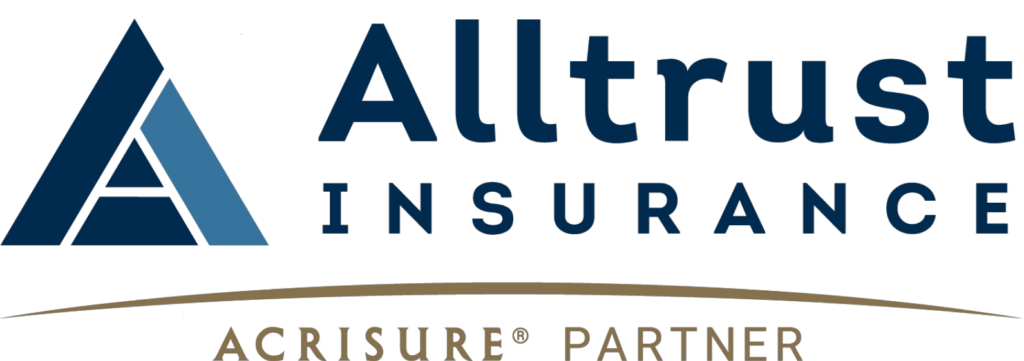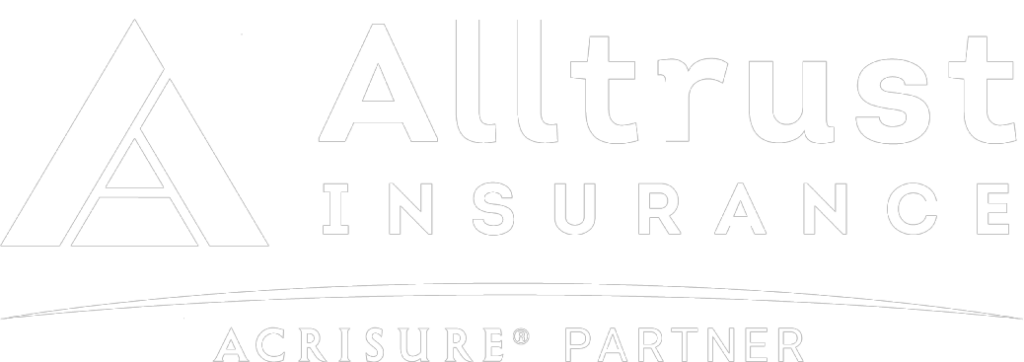Although most businesses and insurance companies have already experienced the 2019 ACA reporting season, there have been growing questions about the complexity of the 2020 reporting season. Despite the legal turmoil concerning it over the last few years, the employer mandate and all ACA reporting requirements are still in effect. In order to comply, businesses and insurers are required to file to the IRS and provide the necessary copies to their recipients. This is critical as employers who fail to report may be subject to penalties.
What Is ACA?
If you are a new employer who did not file in the 2019 season, you may have some questions about what ACA is and how it applies to you. The Affordable Care Act (ACA), also known as the Patient Protection and Affordable Care Act (PPACA) or ObamaCare, is a comprehensive health care reform law that was enacted in March 2010. It requires employers to play a major role in providing healthcare coverage to their employees.
What Is ACA Reporting?
ACA reporting refers to the process of filing annual information returns to the IRS and sending out copies to the employees, also referred to as the recipients, regarding healthcare plan coverage information. Businesses with 50 or more full-time employees, referred to as Applicable Large Employers (ALEs), are subject to the employer mandate and required to annually report to the IRS on the coverage they offer to their employees and their dependants. Employers offering minimum essential coverage (MEC) are required to report on the minimum essential coverage they provide for all covered employees in order to confirm that the coverage met the individual mandate requirements for the preceding year. If you are a business that is subject to ACA reporting, you will need to file one of two form types to the IRS: Form 1095-B or Form 1095-C.
Important Information Regarding The 2020 Season
Extended Deadline For ACA Reporting
On October 2nd, 2020, the IRS issued an advance version of Notice 2020-76, which extends the deadline for certain Affordable Care Act (ACA) information reporting requirements for insurers, self-insured plan sponsors, and Applicable Large Employers. This extension moves the due date from January 31, 2021 to March 2, 2021 for furnishing 2020 form 1095-B and 2020 form 1095-C. Although this extension has been granted by the IRS, it’s important to take the initiative and plan ahead to avoid penalties and stress. Additionally, the IRS has indicated that this will most likely be the last deadline extension. Therefore, you should consider getting ahead of the game and prepare to submit all forms as soon as possible.
Reporting Extensions
In addition to extending due dates for reporting forms for individuals, Notice 2020-76 also extends the “good faith” transition relief from penalties. However, the IRS announced that this year’s extension is the final extension of “good faith” reporting relief. Under this relief, employers and other reporting entities won’t be penalized for providing incorrect or incomplete information on the 2020 forms if they are able to demonstrate that they have made honest efforts to adjust to the reporting requirements. When determining whether a reporting entity reported in good faith, the IRS will take into consideration whether the reporting entity made reasonable efforts to arrange for reporting. Such efforts would include gathering and transmitting the mandatory data to an agent to arrange the information for submission to the IRS or testing its ability to transmit to the IRS. Another determining factor for the IRS will be whether the reporting entity is taking the necessary steps to ensure that it will be able to adhere and comply with the reporting requirements for the 2021 season.
Impact On Individual Taxpayers
The IRS recognizes that taxpayers may not receive their Form 1095-B or Form 1095-C by the time they’re able to file their 2020 income tax returns because of the deadline extension. However, it should be noted that taxpayers don’t need to wait upon receipt of their Form 1095-B and/or 1095-C to file their 2020 tax returns, just as it was last year. Although the individual mandate penalty was reduced to $0 in 2019, taxpayers will still need to attest on their tax returns as to whether or not they were eligible for a Marketplace subsidy. Taxpayers may rely on other information received from their employer if they have not yet received Form 1095-B or Form 1095-C. It won’t be necessary to send Form 1095-B, 1095-C, or any other information used to complete 2020 tax returns to the IRS, however, it is still important that they keep that information with their tax records. Also, it should be noted that states with an individual mandate may have different reporting requirements from those imposed by the ACA. Some of these states include Massachusetts, New Jersey, Rhode Island, Vermont, Washington D.C. and California.
Furnishing Requirement Relief For Carriers
Because of the effective repeal of the individual mandate that reduced the penalty amount to $0, Notice 2020-76 provides limited relief for the reporting requirements under 6055 of the Code. The IRS has made it known that it will not apply penalties to insurance carriers that fail to furnish Form 1095-B to individuals as long as the insurance carrier meets two criteria. The insurance carrier must first post a notice prominently on its website that states that responsible individuals may receive a copy of their 2020 Form 1095-B upon request and must include contact information for individuals to make the request. Secondly, the carrier must furnish a 2020 Form 1095-B to any responsible individual upon request within 30 days of the date the request is received.
It should be noted that this relief only applies to insurance carriers and does not affect the reporting requirements of employers who sponsor a self-insured medical plan that only covers full-time employees as defined by the ACA. However, if the employer also covers part-time employees on their self-insured medical plan, they may use the relief as well for their part-time employees by following the above criteria. This simplified method may only provide limited relief as employers must still furnish Form 1095-C for all employees to the IRS.
Overview Of 2020 ACA Reporting Requirements
2020 has brought many changes for employers and their businesses, so it is understandable if it seems like there is a lot to remember when it comes to this year’s ACA reporting. As an employee benefits and HR consulting firm in the Tampa Bay region that cares about you and your business, Alltrust will be providing a webinar where we will go over this year’s reporting requirements, detail the mechanics of the reporting process, cover state-specific reporting requirements, and discuss IRS actions related to these obligations. Whether you’re an experienced employer or an employer who is new to the reporting process, our webinar will provide you with all the necessary information to file for the 2020 season. Be sure to register today.




